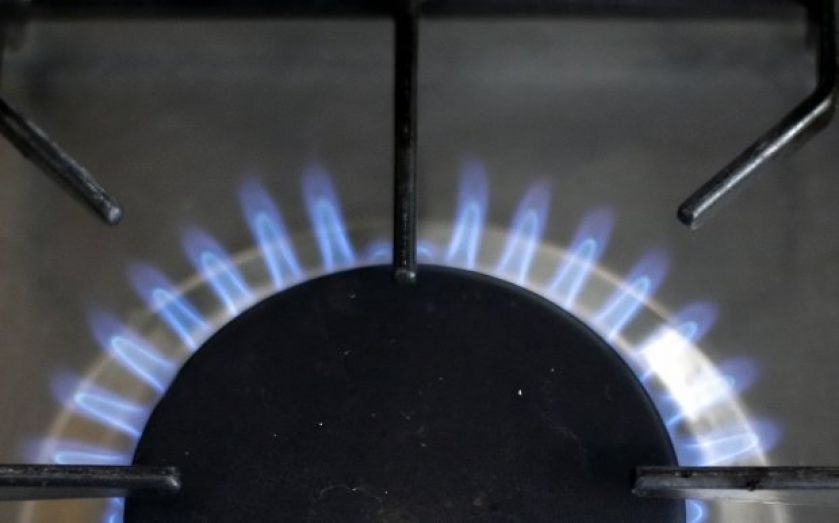How a Budget carbon tax freeze would affect SSE and Centrica

A freeze to the carbon price floor looks increasingly likely in the Budget tomorrow, which would have mixed effects on FTSE 100-listed energy giants SSE and Centrica.
There is pressure on the government to freeze – or even cut – this controversial tax on fossil fuel emissions, which some argue is making energy-intensive industries in the UK uncompetitive with their European and US rivals.
Such a freeze would likely take effect from 2015/16 onwards, so would not affect the government’s finances before the May 2015 election.
The effects of a tax freeze are more obvious for clean power generator Infinis and coal-fired power station Drax (negative and positive respectively).
It gets more complicated for SSE and Centrica as they have both retail and generation arms.
“A carbon tax cut would be negative for the value of Centrica’s stake in British Energy and wind farms, and negative for the value of SSE’s hydro and wind assets,” commented James Brand, analyst at Deutsche Bank. “However, it may alleviate pressure on retail supply businesses.
“Assuming lower wholesale power prices are fully passed through to customers, a £5/tonne cut in the carbon tax could lower our valuations of Centrica and SSE by around one per cent. However, the impact could be positive if lower wholesale prices were not fully passed through to customers.”
Liberum Capital analysts agree that a tax freeze would be a mixed bag for the two firms.
“SSE has greater exposure to the absolute wholesale power price due to its large renewable operations, although the impact is partially off-set by SSE’s coal fired fleet,” said the research. “Centrica would be hit via its 20 per cent stake in British Energy’s nuclear fleet, although the impact is fairly modest at group level.”
It seems likely that the tax freeze would have a trickle-down effect on customers’ energy bills – political cat nip before the election.
“By bringing down forward wholesale power prices the government would also lower the likelihood of material tariff increases next winter, which given the potential political sensitivity around energy costs would be a significant benefit to the government,” said Liberum.